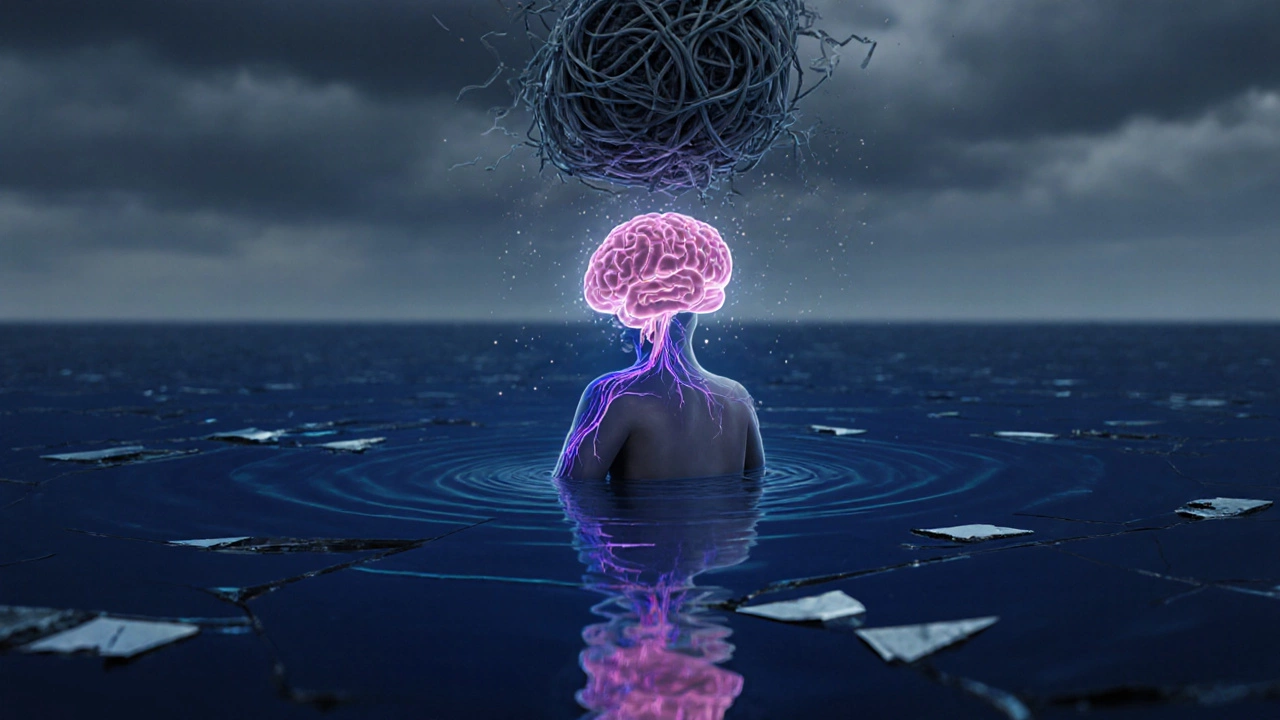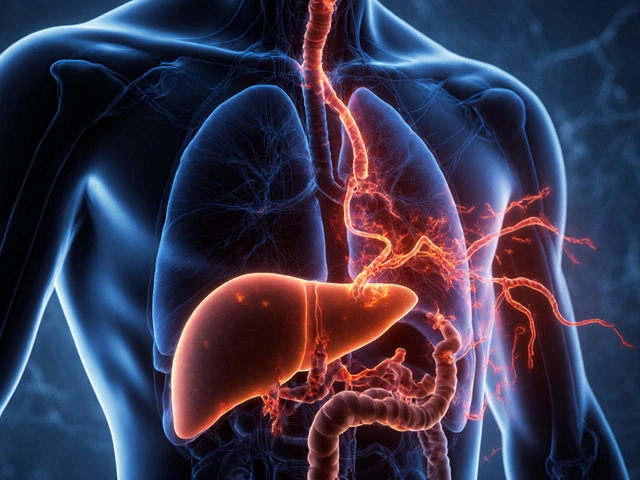Severe Mental Illness – Understanding Risks and Safe Treatment
When dealing with severe mental illness, a cluster of psychiatric conditions that dramatically affect cognition, mood, and daily functioning. Also known as serious mental disorders, it often requires intensive medical and therapeutic support. The reality of these conditions—such as schizophrenia, bipolar disorder with psychotic features, and major depressive disorder with severe impairment—means that medication choices matter a lot. This is why antipsychotic medication, drugs used to control psychosis, mania, and severe mood swings becomes a central focus. Yet every drug carries a potential toxic profile, and that’s where psychiatric toxicology, the study of harmful effects of psychiatric drugs on the body steps in. Understanding how these medicines interact with other prescriptions, supplements, or even traditional remedies is essential for anyone navigating treatment for severe mental illness.
One of the biggest challenges is monitoring antipsychotic side effects, adverse reactions like weight gain, metabolic syndrome, movement disorders, and cardiac issues. These side effects aren’t just uncomfortable; they can become toxic over time, especially when a patient is also taking Ayurvedic or homeopathic products that may amplify risks. The relationship between severe mental illness and medication safety is a two‑way street: the illness often necessitates long‑term drug use, and the drugs themselves can worsen physical health if not managed properly. Recent studies from Indian hospitals show that up to 30 % of patients on typical antipsychotics develop metabolic complications, underscoring the need for regular lab checks, lifestyle counseling, and dose adjustments.
Practical Steps for Safer Medication Management
To keep treatment effective without sacrificing overall health, clinicians and patients should adopt a few key practices. First, a thorough drug interaction review, a systematic check of all prescribed, over‑the‑counter, and herbal products should happen before any new medication is added. Second, tracking biomarkers like blood glucose, lipid panels, and ECG readings can catch early signs of toxicity. Third, education on warning signs—such as sudden weight spikes, uncontrolled tremors, or chest discomfort—empowers patients to seek help before problems become severe. Finally, integrating non‑pharmacological approaches like cognitive‑behavioral therapy, structured exercise, and dietary adjustments can reduce the required drug dose, lowering the toxic burden.
With these insights in mind, the articles below dive deeper into specific topics: from the safety profile of newer weight‑loss drugs that intersect with psychiatric care, to the hidden dangers of combining Ayurvedic herbs with psychotropic meds, and the latest guidelines on monitoring antipsychotic therapy in India. Explore the collection to find actionable tips, recent research findings, and clear explanations that can help you or someone you care for manage severe mental illness safely and effectively.

Which Mental Illness Feels the Most Painful? A Deep Look
Explore which mental illnesses are considered the most painful, why they cause intense suffering, and practical strategies to manage the distress.

Online Pharmacies: What Risks Should You Know About?
May, 12 2025



